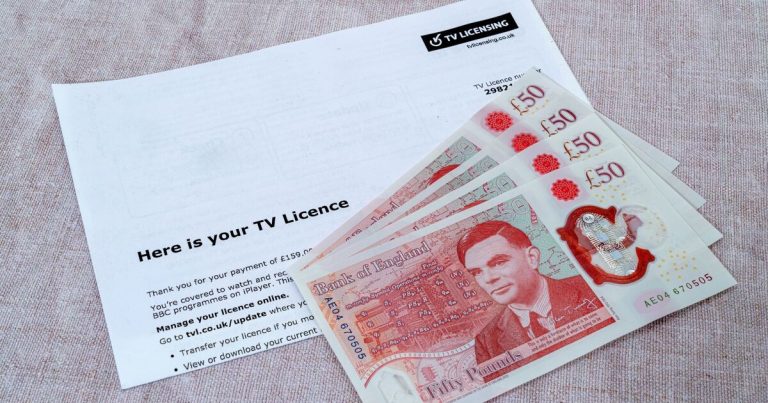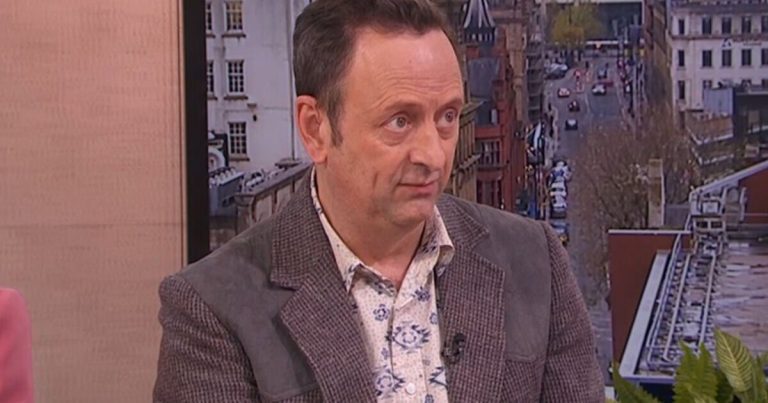
Nearly three in 10 adults – 7.4 million – are still struggling financially despite the improving economy, according to City watchdogs.
The data from the Financial Conduct Authority (FCA) will present a new challenge to Rishi Sunak’s government in a General Election year.
Against the background of the cost of living crisis, FCA research found 60 percent of households with an income of under £15,000 a year are struggling.
That is nearly four times the proportion of adults (16 percent) with a household income of £50,000-plus.
More than one in ten – 11 percent – are living from pay cheque to pay cheque with nothing left over each month.
The report identified that four groups are suffering more than other with renters, single adults with children, adults from a minority ethnic background and people living in the north-east of England were more likely to be in financial difficulty.
Interestingly, middle aged Britons are more likely to report money troubles than the over 75s – at 39 percent versus 10 percent.
A report from the FCA confirmed that the North South divide is a continuing reality for millions.
It said: “The results for the English regions reveal something of a North/South divide.
“Results are worst in the North East … The region with the lowest proportion of adults not coping financially or finding it difficult to cope was the East of England.”
FCA figures show the number reporting money troubles is down from nearly 11m to 7.4m.
But the FCA’s Executive Director of Consumers and Competition, Sheldon Mills, said: “Our research shows many people are still struggling with their bills, though it is encouraging to see some benefitting from the help that’s available.
“If you’re worried about keeping up with payments, reach out to your lender straight away. They have a range of support options and will work with you to agree the best one for you. You can also find free debt advice through MoneyHelper.”
The FCA has reminded financial firms they must support their customers and work with them to manage payment difficulties.
The regulator said it has cracked down where firms haven’t met its expectations, securing nearly £60 million in compensation for 270,000 customers.
Laura Suter, director of personal finance at AJ Bell, said: “The overall picture is improving but still incredibly tough for many households who are at the sharp end of the cost of living crisis.
“The figures paint a truly divided picture. On the one hand huge portions of the population have blitzed through their savings and are now living month-to-month with no cushion to fall back on: the figures showed that 11 percent of people have no disposable income each month.
“But on the other hand, that means a very healthy majority of the population have money to spare each month – either to save, invest or spend on luxuries.”
Financial planner at wealth managers Quilter, Jordan Clark, said: “Over seven million Britons continue to grapple with bills and repayments, down from nearly 11 million last year, but still above pre-crisis figures.
“More than five million have missed payments recently, though that’s an improvement from the previous year.
“And while 2.7 million sought help and nearly half found relief, too many are still hesitant to speak up about their financial woes.”





